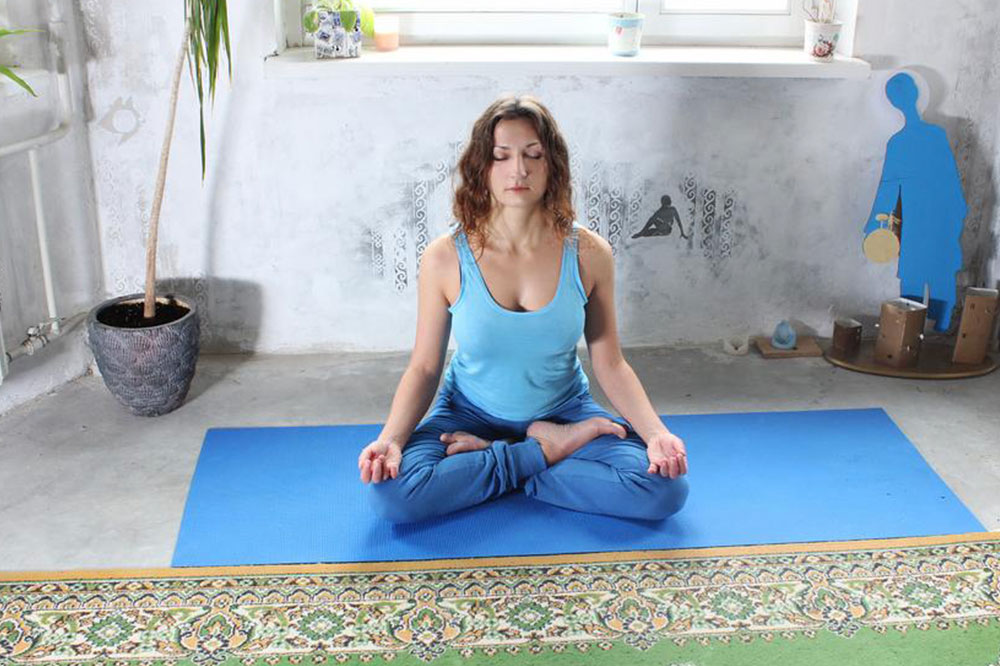
Natural Ways to Manage Sleep Apnea
Sleep apnea is a serious condition that pauses one’s breathing for short periods. Individuals suffering from this condition cannot take in enough oxygen, and they gasp and wake up. Initially, sleep apnea can seem like snoring and cause people to think it’s normal.
This chronic condition results in poor sleep quality and daytime sleepiness. There are two types of sleep apnea, namely:
- Obstructive sleep apnea
The upper airways become either partially or completely blocked and cause pauses in breathing during sleep. - Central sleep apnea
There’s a miscommunication between the breathing muscles and the part of the brain that controls breathing.
Causes of sleep apnea include:
- Presence of small airways in the nose, throat, or the mouth due to allergies
- Regular smokers
- High blood pressure
- Individuals with the risk factors for stroke or heart failure
- Untreated hyperthyroidism
- Individuals living with acromegaly
Symptoms of sleep apnea
The following are the signs and symptoms of sleep apnea:
- Snoring loudly
- Daytime sleepiness
- Gasping for air heavily during sleep
- Headache in the morning
- Memory problems and difficulty concentrating
- A dry throat upon awakening
- Suffering from insomnia
- Irritability
Natural techniques to address sleep apnea
There are several lifestyle remedies that are natural ways to manage sleep apnea, including:
Acupuncture
It’s an alternative medicine that has no side-effects that successfully manage sleep apnea. Five sessions per week show a significant improvement in the hypopnea index and oxygen saturation.
Herbs
Herbs like passionflower and valerian, including dietary supplements, are known to treat the causes of sleep apnea. However, consume these supplements under the supervision of an expert.
Continuous positive airway pressure
It’s a therapy that uses a machine to deliver air pressure via a mask. It works to keep the upper airway passage open and prevents snoring. While it’s cumbersome in the beginning, it becomes a practice with regular use and a secured fit.
Oral appliances
An oral appliance is one of the natural ways to manage sleep apnea that keeps the throat open. It brings the jaws forward and prevents snoring and reduces obstruction to a significant extent.
Side sleeping position
It is essential to use body positioning pillow and other similar devices that prevent one from sleeping on their back. Sleep apnea increases when one sleeps on the back. They can also wear vest-like clothing that has a bulging on the back that forces them to sleep on their sides.
Raising the head of the bed
It is advisable to position one’s at an angle of 60 degrees in case one sleeps on their back. The head of the bed should be raised that allows for better breathing. One can also use additional pillows to elevate their head.
Making healthful lifestyle changes
Make efforts to maintain a healthy weight and other lifestyle changes:
- Avoiding smoking to prevent the swelling in the upper airways
- Reducing the intake of alcohol since it relaxes the throat muscles and promotes snoring
- Taking OTC medications or nasal decongestants that reduce swelling and fluid formation in the nasal passage to promote airflow


